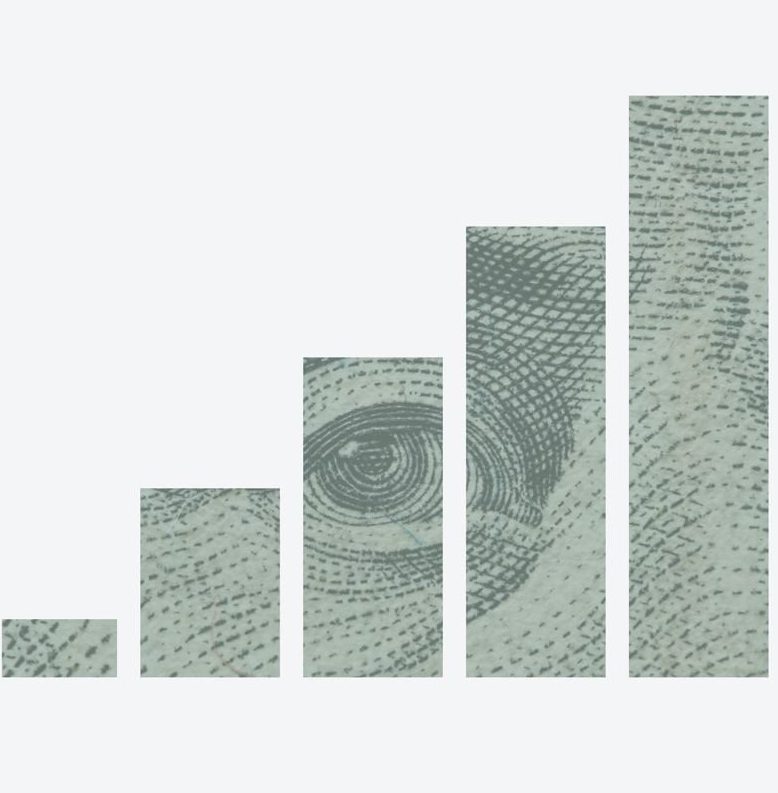It is estimated that more than 40% of current jobs are likely to be automated within the next 10-20 years (see robot job automation). This means potentially 40% higher profits for businesses that are able to adopt these automation opportunities. This will result in a drastic shift in our economy, requiring many people to be retrained for new jobs or for jobs to be significantly adjusted. This shift will be difficult and will take many innovative and positive solutions to provide a smooth transition. John Mauldin highlights many of the concerns in his article the fragmentation-of-society. If we can make it through the transition, it will result in higher revenue and profit per employee. This could mean that some wages increase and/or investor returns increase. The question becomes how will those additional profits be spent? Will they be re-invested in startups, paid out in higher wages or held away in savings? Will wealth be reallocated into the hands of the few or is there a way to use it to help those less fortunate?
As people living in the developed world, we have a responsibility to consider how we can help others who don’t have the same opportunities we do. If you make minimum wage in the United States, $7.25 per hour or $14,500 per year, you are in the top 8.66% wealthiest people in the world! That means in 2017 there are 6.85 billion people in the world who make less money than you. It is easy to get caught up comparing ourselves to the next person or wish we made just a little bit more money, but how many billions of people are looking up to your position in the world? Perhaps, it’s time we stop and consider how we can help others rather than just trying to earn an extra dollar.
With the rise of Artificial Intelligence (AI), the wealth gap will become wider. The richer will get richer and poor will get poorer. Some advocate for a Universal Basic Income (UBI) to address the coming economic disparity, but will this really be enough? What if those of us that are well off are started looking for ways to help others less fortunate than ourselves? What if employers looked for ways to provide the best work-life balance and paid above average wages? What if we took a minute to go out of comfort zone and help people in a different socioeconomic status? What if white collar workers helped blue collar workers manage their finances and learn new skills?
Take a minute to consider, how many people do you know that are in a different economic sphere from yourself? How could you help someone who makes 20-30% less than you do? How could we bridge the economic boundaries?
How could we of the developed country help other countries create an infrastructure which is free from corruption and provides a healthy atmosphere for new businesses to begin? What if each state adopted another country in the world and worked to help that country rise up the ladder of economic development and allow parents to put food on the table for their kids (or to buy a table in the first place)?
The future ahead could be filled with more economic stratification or become a more normal distribution with the poorest of the poor being able to take care of themselves. What will you choose? Who can you help today?

